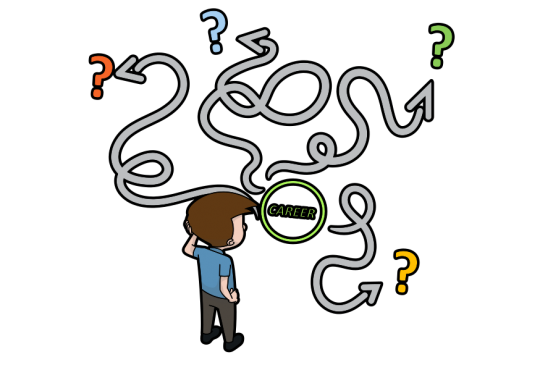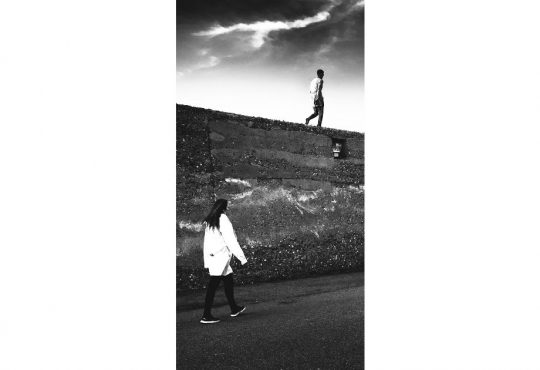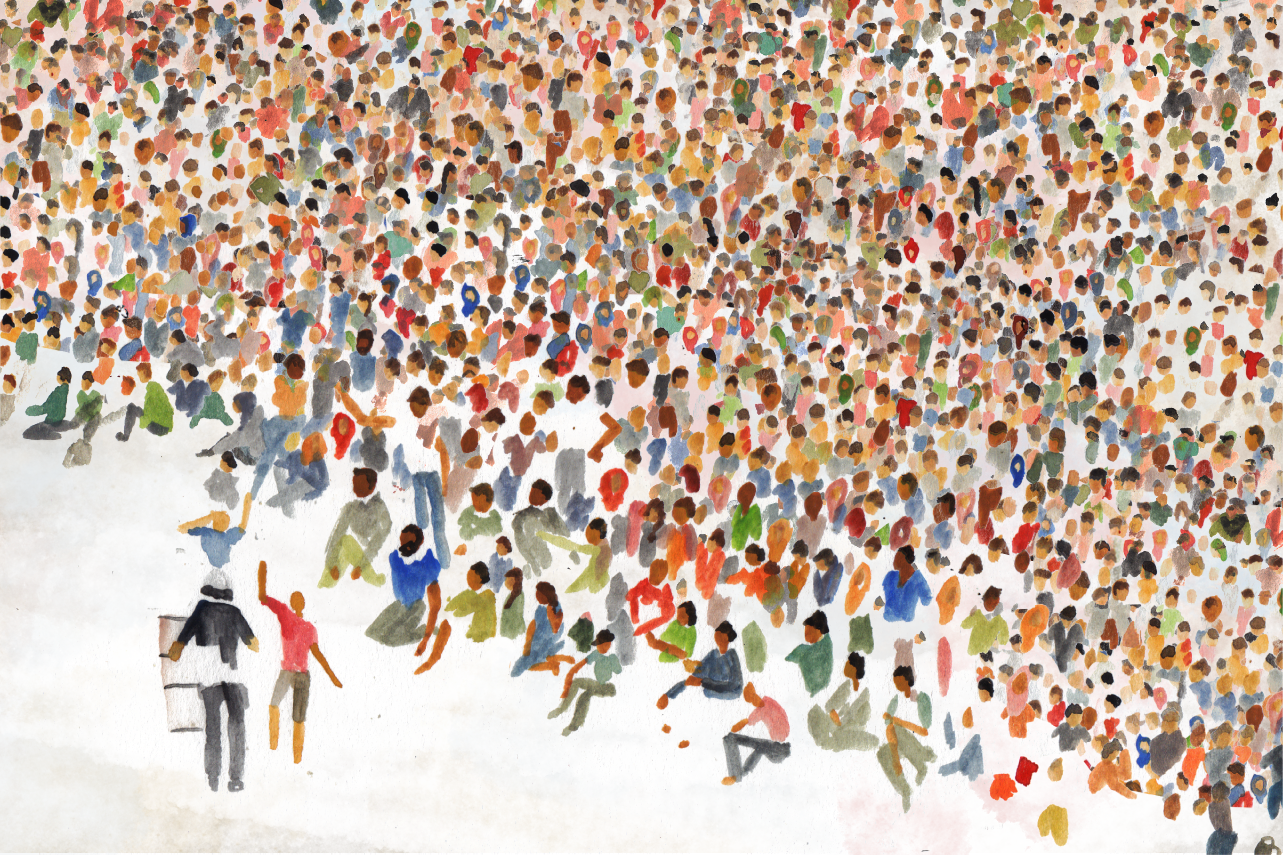
On Monday, Oct. 8, Socialist Alternative—a global political movement affiliated with the Committee for a Worker’s International, as well as with the socialist political parties of 41 countries—held a talk entitled “Capitalism in Crisis and the Socialist Alternative” in Wyatt 109.
The talk hosted speakers from Austria and numerous Occupy movements, many of them from right here in Tacoma. It focused on the failings of global capitalism and argued that the current economic crisis is not something specific to any shortcomings of capitaism, but rather was a structural crisis endemic to the nature of capitalism itself.
Sebastian Kugler, a young representative from the Socialist Left Party of Austria, opened the talk with an hour-long speech detailing the economic crisis in Europe and workers’ movements around the world.
“[The current economic crisis]is not the degeneration of a previously peaceful capitalism: It is a systemic crisis of capitalism itself, from which it will never evolve,” Kugler said.
I have to say that I’m inclined to agree with Kugler’s analysis.
Kugler went on to explain how capitalism cannot accommodate reformist movements and stressed the need for a revolutionary socialist movement (though one based on democratic consensus-making, not one based in a violent vanguard party).
“Reforms and concessions won by the working class are always swept away when the next crisis comes,” Kugler said.
This is exemplified by the current crisis in Greece: Political parties stressing fiscal austerity and facing a debt deal imposed from Germany have proceeded to slash the hard-fought gains workers’ parties have been fighting for since the fall of the Junta. The prevailing political and economic classes have failed to provide stable and acceptable living conditions for their citizens, and rather than recalculating the fundamental economic theories that incited this crisis, they impose fiscal change, which only serves to deepen already prevalent human suffering. In a sense, ruling Greek politicians are cutting off the nose to spite the face.
Kugler stressed that these crises are a necessary part of capitalism, due to its internal contradictions.
“We are only at the beginning of an era of crisis and struggles; Revolutionary workers will already be a common feature of this new era,” he said.
As examples, he pointed to a string of recent uprisings across the world: The recent protests in Tehran; the miner’s strike in Spain; the storming of the Spanish Parliament, where workers violently clashed with armed police. Kugler continued by detailing his experience with the Portuguese protests of September, where one million took to the streets in a country with roughly 10 million people, according to the EU Observer. Kugler, of course, spoke of the Arab Spring and the reactions to what has been termed the “Islamist Winter” and then recounted the Occupy Wall Street Movement with which we’re all familiar.
It’s not merely enough to rail against the evils of capitalism, Kugler stressed.
“The failure of the Occupy Movement,” Kugler said, “stresses the need for a constructive alternative. Our vision of socialism is ‘ideal reflection in the minds of the working class,’” Kugler said, “combined with daily, decentralized democratic activity.”
By this, Kugler means that Socialist Alternative fights for a world where workers collectively run companies, rather than submit to hierarchical, top-down leadership models. He stressed that this would by no means require a loss of productivity.
“Just look at Samsung and Apple right now tearing each other to pieces over smart phones,” he said. “Imagine how much productive capabilities would not be lost if they worked together, rather than fought against each other for the sake of profit!”
For the purpose of debate, an audience participant responded with the classic capitalist rebuttal, that, absent the presence of wage labor, people will simply stop working because they’ll have no motivation.
“In capitalism,” Kugler said, “the only motivation that you see coming from the bourgeois class is a gun pressed against the heads of the workers.”
After Kugler’s speech, there was a talk among the participants about solidarity with other oppressed groups including women, LGBTQ groups and environmental activists.
“When workers are divided,” he said, “there’s only one group who benefits: the ruling bourgeoisie.”
vKugler also pointed out that oppressions of women, LGBTQ persons, and the destruction of the environment are not isolated evils with no relation to one another. He attributed their widespread existence to the oppressive functions of capitalism, which he said facilitates a way of thinking about the world where oppression is not only perpetrated upon individuals, but in which oppression and inequality are thought to be natural and acceptable.
One member of the audience believed in this solidarity strongly.
“Capitalism relies on a primary theory of inequality and oppression,” she said, “ on the idea that it’s okay for one person to command another and tell them who they are and what they should be doing.”
Organizers from Occupy Tacoma spoke afterward, stating that their branch of Socialist Alternative has endorsed Jill Stein as a protest vote against the capitalist system.
Urging participants who want to see a socialist movement not to vote for the Democratic Party, the organizers said “the modern Democratic Party has become a graveyard of social movements.”
She gave the example of the anti-war movement.
“Where are they now?” she asked. “After the election of President Obama, everyone just put down their protest signs because they thought the president would do this for us. He didn’t.”
While the representatives from Occupy Tacoma said they don’t agree with everything the Green Party stands for, they endorse them as a protest vote against the two-party system, which they see as being in the service of big business.
They also endorse Kshama Tawant for Washington House of Representatives.
Sawant is not a “corporate politician.” Rather, she is a former organizer with numerous groups including Occupy, and has been involved in the modern feminist movement.
Her website states: “If elected, Sawant will relentlessly expose the corrupt big-business practices of the state government, and instead provide a political voice for workers, youth, the poor, and all those oppressed by capitalism, such as women, people of color, and LGBTQ people.”
Kugler also called on students to organize and lobby for their own interests, pointing out that in Austria university tuition is free, and used the recent Quebec student uprisings as an example of how concrete student organization can be combied with socialist theory to produce movements to directly improve students’ lives.
Kugler stressed the need to see struggles against oppression as struggles against capitalism itself; to view the concrete demands against school administrations (for lower tuition) or against the state (for increased school funding) as demands pressed against the entire system of capital.
For Kugler, this is the key to spreading revolutionary consciousness and improving the lives of students, workers.
Concluding the talk, Kugler channeled Marxist theorist Friedrich Engels and said “the capitalist has no further function but the pocketing of their own dividends.”




